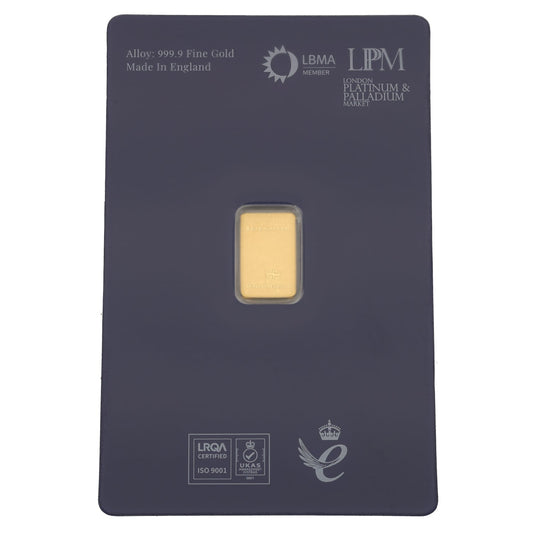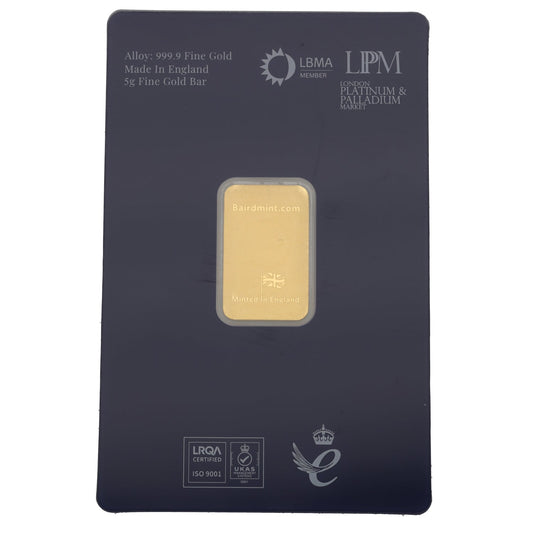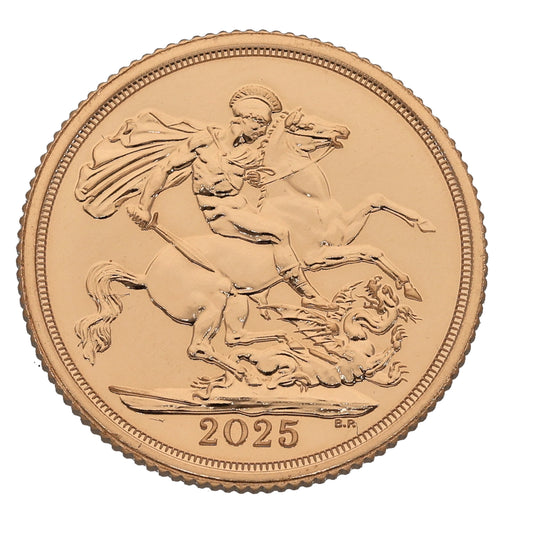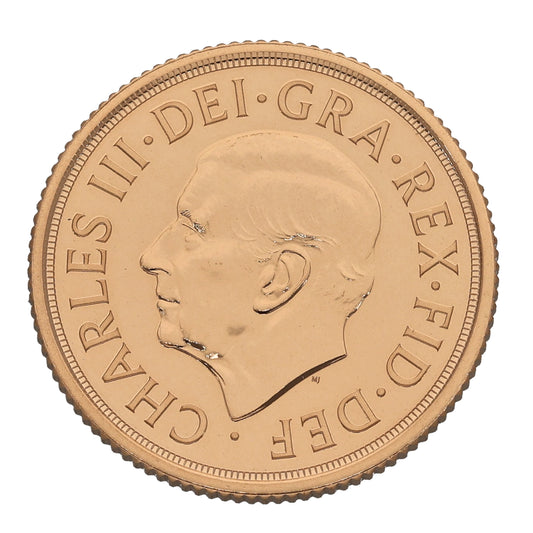It’s safe to say that, should England triumph, the whole nation would be in celebration mode for at least a week. While this is something to hope for on a personal level, it’s also interesting to think about how it would benefit the country as a whole. After recent political turmoil, Brexit negotiations and seemingly endless bad news, it’s tempting to wonder; what would an England world cup win mean for the UK economy?
To find out whether an England World Cup win means good things for the country, we’ve looked at the experience of previous winning countries and gleaned inside knowledge from industry experts. While there’s no way of knowing what will happen with any certainty (due to the unpredictable nature of the stock market), it is possible to make an educated guess by learning from the past, as well as looking to the future.
Opinion 1: Winning the world cup is bad for the economy
Some analysts argue that winning the world cup is ultimately bad for that country’s economy, even though spending may be up temporarily during the tournament. After Germany won the last FIFA World Cup in 2014, Forbes reported that gross domestic product contracted the year after winning for six of the last seven World Cup winners. The average drop in GDP for the winning country was significant at 1.14%, and the economy of five out of the seven previous winners suffered for a second year.
Of course, there are many complicated factors which can affect an economy, and it’s important to remember that the World Cup is not the only influence. These figures may reflect additional influences such as war, recession, political issues and even the weather. What’s interesting is that these figures point to a downturn in the year following a World Cup victory, which may be indicative of a better-than-expected economy in the winning year.
Opinion 2: Winning the world cup is good for the economy
The economic climate is very different in 2018 than it was during the last World Cup, in 2014. This is due to a number of factors, but the after-effects of the Brexit vote have been the most damaging to the economy as a whole. It’s easy to argue that, as things are very different now, any World Cup success is going to have a positive impact on the UK economy, and a win could well mean a more sustained economic boost.
As the economy of any country is a vast and complicated subject, there are many ways in which it can be analysed. Economic growth can be measured in many ways, and one group of economists may come to different conclusions than others. This study showed that, in 2010, Spain’s World Cup win was beneficial to their economy, and argues that previous winners also achieved economic gains as a result of their triumph on the pitch. As Spain was going through a rough time following the 2008 recession, it may bode well for economies which have already taken a recent hit, rather than economies which have been doing well prior to the tournament.
Opinion 3: Winning the world cup is good for the economy, but only for a short time
Following the trend of varying opinions on the subject, in 2014 Goldman Sachs analysts found evidence for both good and bad effects on the winning team’s economy. They found that the champion nation’s stock markets showed short-term growth, which is an attractive prospect for investors. However, they also warned that this bump in stocks does not last, and that any positive effects of a World Cup win cease to exist after a year.
Due to the fact that lots of other things can affect the economy, this theory certainly seems to hold some weight. As the economy of the UK is largely dependent on how much people are spending, it stands to reason that a short-term boost would be felt during the tournament. Happier people tend to spend more money on non-essential items as a general rule, so a World Cup win would likely have a positive effect on both the nation’s happiness and their urge to spend in celebration.
What do the latest figures say?
It seems that, whether England make it to the finals and win or not, they’ve already had a positive impact on the economy. The Centre for Retail Research (CRR) has estimated that the economy has already benefited from £1bn of extra spending this year. This is thought to be down to fans buying food and drink before watching matches at home, as well as spending in pubs, hotels and restaurants who are showing the games. Souvenirs, memorabilia, football kits and fan merchandise also contribute to the total, as do electronic items. Many have found the World Cup to be the perfect excuse for a new television, for instance! In fact, John Lewis reported a boost in TV sales of 140% just for the opening ceremony alone. Sales of drinks fridges and corner sofas also rose at the beginning of the tournament, as people choose to watch the matches from the comfort of their own homes.
CRR have also estimated that this boost to the economy will rise to £2.7bn if England make it to the finals, and that every goal scored by an England footballers is worth £33.2m to pubs, hotels and restaurants, and a whopping £165.3m to retailers across the nation. One could argue then, that England’s World Cup so far has already been of huge benefit, so let’s keep our fingers crossed for more of the same!






























